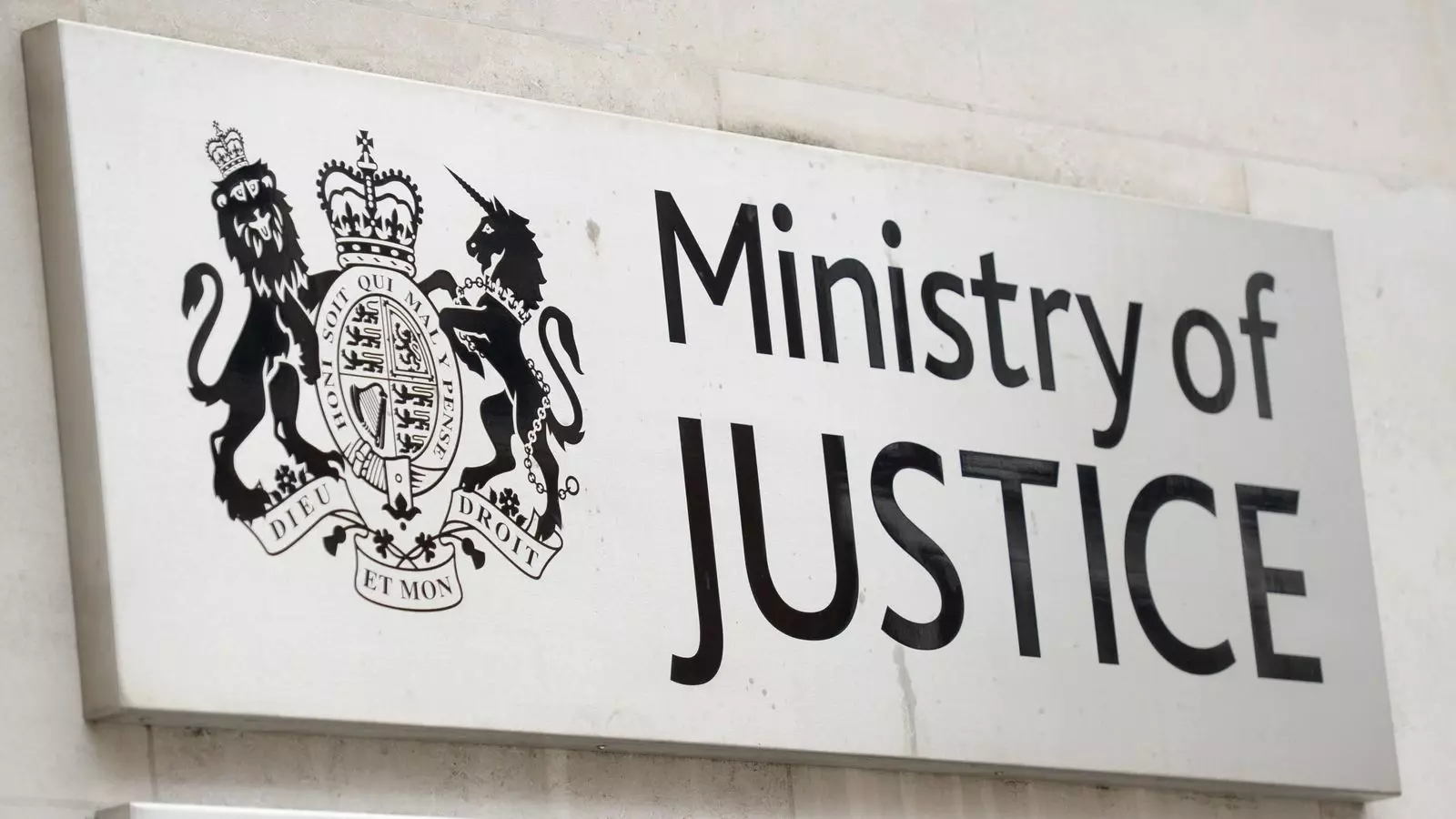In a digital age where personal data is worth its weight in gold, the revelation of a massive data breach at the Legal Aid Agency (LAA) is nothing short of alarming. The Ministry of Justice (MoJ) recently reported that hackers accessed a “significant amount of personal data,” including sensitive information such as criminal records. This has not only compromised the security of the applicants but also highlighted the glaring deficiencies in our governmental cyber defense mechanisms. This isn’t just a mistake—it’s a remissness that poses a severe threat to public trust in institutions meant to safeguard justice.
The Gravity of the Breach
The shady figures involved in this cyber-attack claim to have swiped 2.1 million pieces of data, a statistic that has not yet been validated by the MoJ. Regardless of whether the number is accurate, what is unquestionable is the extent of vulnerability identified within the LAA’s systems. This breach potentially affects anyone who has applied for legal aid in the last 15 years, exposing them to identity theft and various forms of exploitation. The audacity of the hackers is matched only by the incompetence displayed by the previous government, whose legacy includes a cyber infrastructure that is seemingly outdated and riddled with vulnerabilities.
What’s shocking is the MoJ’s own acknowledgment of “neglect and mismanagement” that has contributed to this fiasco. Such negligence reflects a larger trend within governmental departments, where outdated technology becomes a breeding ground for cybercriminals while compromising citizens’ private information.
Radical Actions, But Will They Be Enough?
Legal Aid Agency CEO Jane Harbottle has issued an apology—an empty gesture in the face of such grave implications. While her commitment to overhaul system security is commendable, the urgency of the situation makes one question whether those “radical actions” can be executed swiftly enough to mitigate the fallout. The decision to take crucial online services offline is a band-aid on a bullet wound, hinting at the systemic issues that have plagued the LAA for years.
What’s to be done for individuals who desperately need legal aid in this interim period? The LAA claims that contingency plans are in place, but without robust infrastructure to support those plans, they ring hollow. A crisis demands more than mere words; it demands immediate and effective action.
Antiquated Systems and Systemic Delays
The Law Society’s critique of the outdated IT systems at the LAA is a highly relevant observation. This breach illustrates not just a single failure but a string of oversights that have compounded over the years. Sustained investment in modern technology is no longer a luxury; it’s a necessity for the integrity of our entire justice system. By allowing financial constraints to dictate technological upgrades, the government is effectively placing citizens’ lives and data at risk. This is a far cry from the progressive, safety-oriented governance that promises to protect its people.
The urgent need for modernization extends beyond merely patching vulnerabilities. It’s about instilling a culture of cyber awareness and resilience within governmental bodies. Today’s cyber threats are sophisticated; complacency will only serve to embolden them.
The Broader Implications of Neglect
This incident is a crucial case study in the broader context of governmental responsibility. When systems designed to protect the vulnerable fail, the consequences are catastrophic. The breach at the LAA raises pertinent questions about the prioritization of cybersecurity within public institutions. If the mechanisms intended to facilitate justice and equal representation are compromised, what hope do we have for accountability within other sectors?
Moreover, as other organizations like Co-op and Harrods face similar cybersecurity threats, it becomes evident that the digital safety net we have woven is fraying at the edges. This points to an urgent need for united efforts in establishing robust, real-time security measures across all fronts of public service.
In an age where technology should empower, the absence of accountability and investment in the safety of private data places society’s most vulnerable—those reliant on legal aid—at significant risk. As we mourn the breach, it also serves as a clarion call for immediate action, demanding both innovation and accountability from leaders who hold the reins of justice.

Leave a Reply